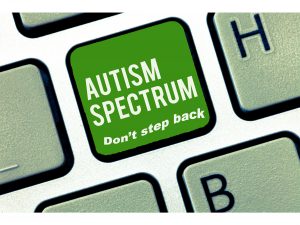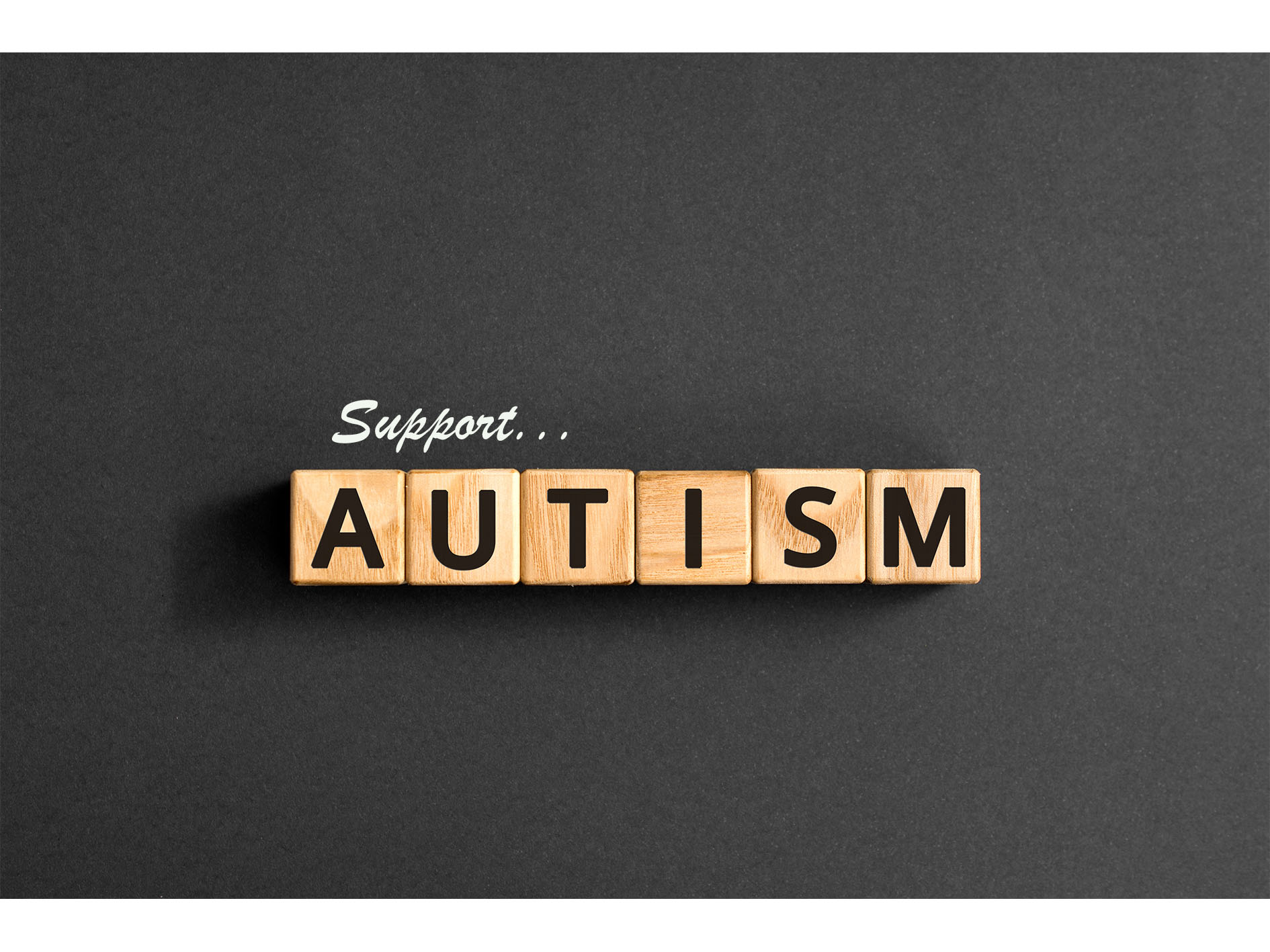A Giant Step backwards for Autistic kids in York Region
Without consultation or study, the Giant Steps program is being kicked to the curb
The doors to the only special education program of its kind in Ontario are about to be slammed shut if the Director of the York Region District Board of Education has her way. Louise Sirisko, Director of Education, cited “equity” and “empowering ethical leadership” as her reasons for closing Giant Steps, a little school especially geared for autistic children, located within the public education system.

Combining school with therapy, Giant Steps has been quietly serving children with autism for twenty-five years in a way that families have been begging for. The program works in partnership with the York Region District School Board. The school board provides a decommissioned school building along with school bus transportation, two special education teachers and financial support for educational assistants.
Giant Steps provides three full time therapists, special equipment and the environment needed for calming and fitness. Each child receives three hours of therapy per week in addition to their school curriculum. Therapists work closely with teachers tracking progress and synchronizing goals. There are 24 kids ranging from Jr. K to grade 8. The program’s main objective is to ready autistic kids for transition to a regular public school. When a student is ready to integrate into the regular school system, an E.A. follows that student along to the new school to troubleshoot the details of transition. This is needs-based therapy in action.
“Why don’t you just make it a private school?”
– A question Education Director Sirisko asked Martin Buckingham, Giant Steps’ board of directors’ volunteer chair.
YRDSB director, Louise Sirisko seems to think equity means lowering the bar to the last notch. It’s as though, having observed one school has a breakfast program whereas most schools don’t, then by cancelling the breakfast program altogether, equity is achieved by equal deprivation. How does the withdrawal of essential supports needed for student success demonstrate ethical leadership?
Therapy for autistic kids has all but disappeared in Ontario. There are at least 40,000 autistic children in this province and most currently receive no therapy whatsoever. The Ford government destroyed the autism program it inherited and replaced it with direct funding to parents. But that funding is nowhere near the actual cost of full time ABA therapy and dries up in a matter of weeks. Service organizations delivering behaviour therapy could not sustain their programs and began to lay off staff. Eventually one by one, they closed their doors. he province has never had enough therapy providers and qualified ABA therapy practitioners to begin with, so now the scarcity is severe. Parents receiving funding, albeit insufficient, have nowhere to send their children.
COVID will go away one day but autism will still be with us
– Martin Buckingham

School boards get a failing grade for providing autistic children with what they need to succeed. Most special education classes provide little more than a babysitting service where autistic children are concerned. Our public schools do not offer the appropriate learning environment- small classes, one on one time with therapists and teachers. Teachers and Education Assistants (EAs) do not have adequate training to work with autism. Individual Education Plans (IEPs), education plans devised in an interview with parents when registering children for special education, amount to little more than a face-saving public relations exercise because they are not adhered to. When a child has a meltdown, staff are unable to cope and the school principals often resort to exclusion- a power given to them, under the Education Act, which enables them to ban people from school property. Principals, in cases like these, call parents at work or at home and tell them to come and get their child. Then they broker an arrangement with the parent for keeping the child out of school for days or weeks at a time.
“We will no longer partner with outside organizations,”
-Louise Sirisko, Director of Education for the York District Board of Education
It is such a partnership that made Giant Steps possible in the first place. Giant Steps is a non-profit organization that provides three therapists: a Speech and Language pathologist, an Occupational Therapist and Behavioural Therapist for the 24 children in the program. This cost is covered by fundraising and a $7,000.00 tuition fee paid by parents. School fees stand in contradiction to the ideals of a public education system. Yet Giant Steps parents willingly impose these fees on themselves in order to provide their children with the kind of supports they desperately need. Compared to private school tuition, it is an affordable fee for the only alternative school of its kind in Ontario. It can even be covered by the current stipend allotted to parents of autistic children by the Provincial government. No other public school matches the intensive care delivered by Giant Steps.
Considering that Ms. Sirisko is a former Director of Special Education for the Ontario Ministry of Education and a former Superintendent of Special Education for the Peel Board, the suggestion that the board sever its commitment to Giant Steps is jaw dropping. How can 24 families raise the funds needed to purchase a school building and fully staff it themselves? Partnerships between school boards and non-profit organizations such as Holland-Bloorview and Community Living are nothing new and have been in place for decades. Twenty-five years ago, the former York Regional Board of Education director and an Olympic athlete, Bill Crothers, was instrumental in establishing Giant Steps. He advocated strenuously for the partnership and the creation of a special intensive education program specifically for autistic children.
What will happen to 24 fragile children in September 2021 when Giant Steps is slated to close? Parents are not placated by the prospect of a “transition plan and placement in a YRDSB school with appropriate specialized programming” or assurances that “YRDSB schools mirror Giant Steps.”
“An equivalent placement elsewhere in the York board schools? The assertion is simply laughable,”
-Bruce MacIntosh of the Ontario Autism Coalition
Intensive care is seen as a necessity in our health care system. No one balks at the extra effort required to treat an accident victim or heart failure patient. Why do we resist intensive care in education for children with disabilities? It’s obvious the perceived cost in going the extra mile is the inhibiting factor where the bureaucrats are concerned. But combining needs based therapy and education is cost effective. Kids on the spectrum differ. Some need more help and for longer than others. For years, parents and clinicians have argued for clinically supervised therapists working in tandem with teachers. Other jurisdictions are successfully doing it. Giant Steps proves it works.

Janet Bojti is a long-time education activist currently working in the area of Autism Spectrum Disorder

